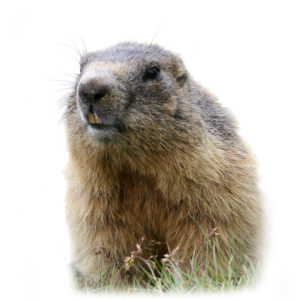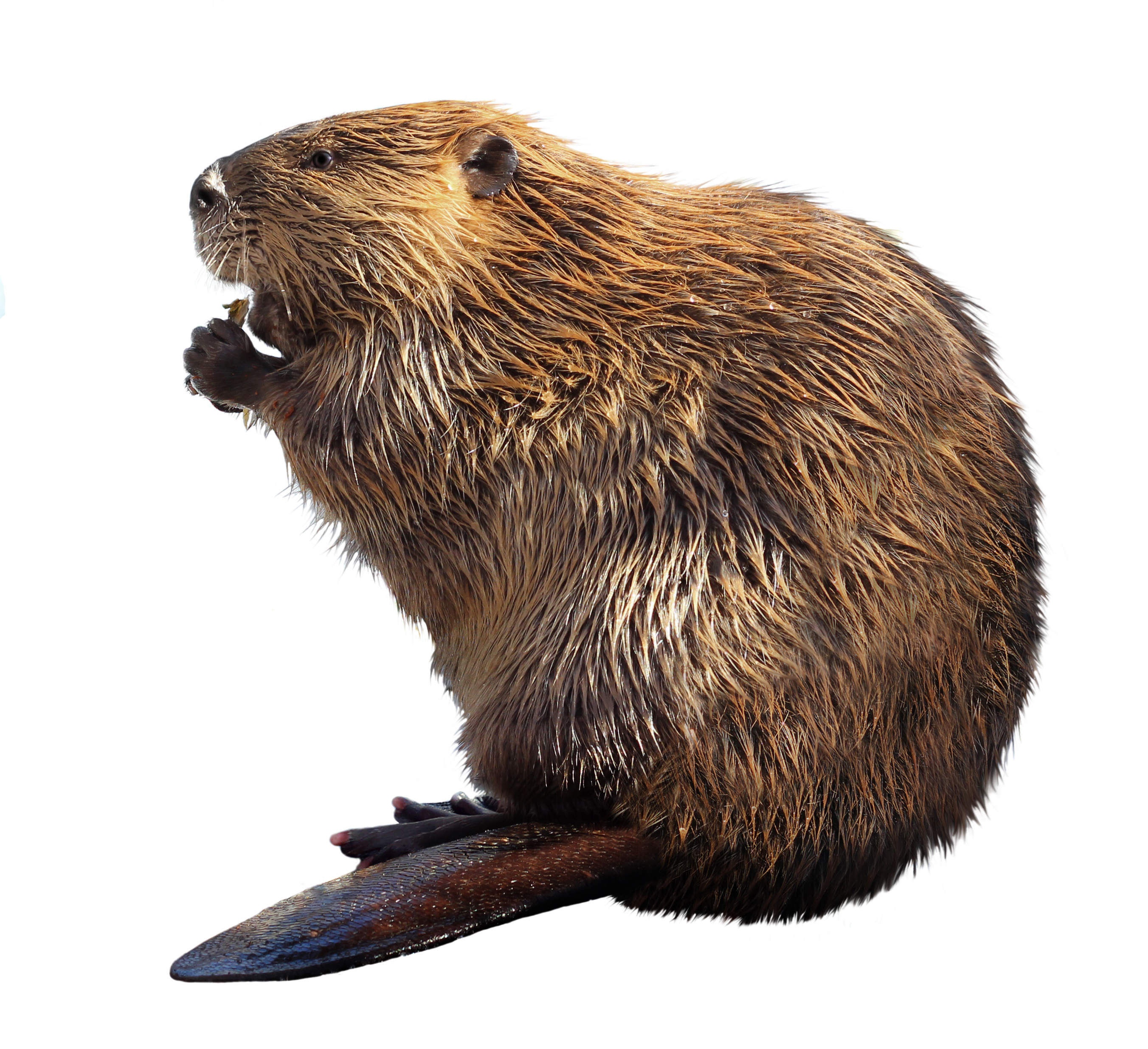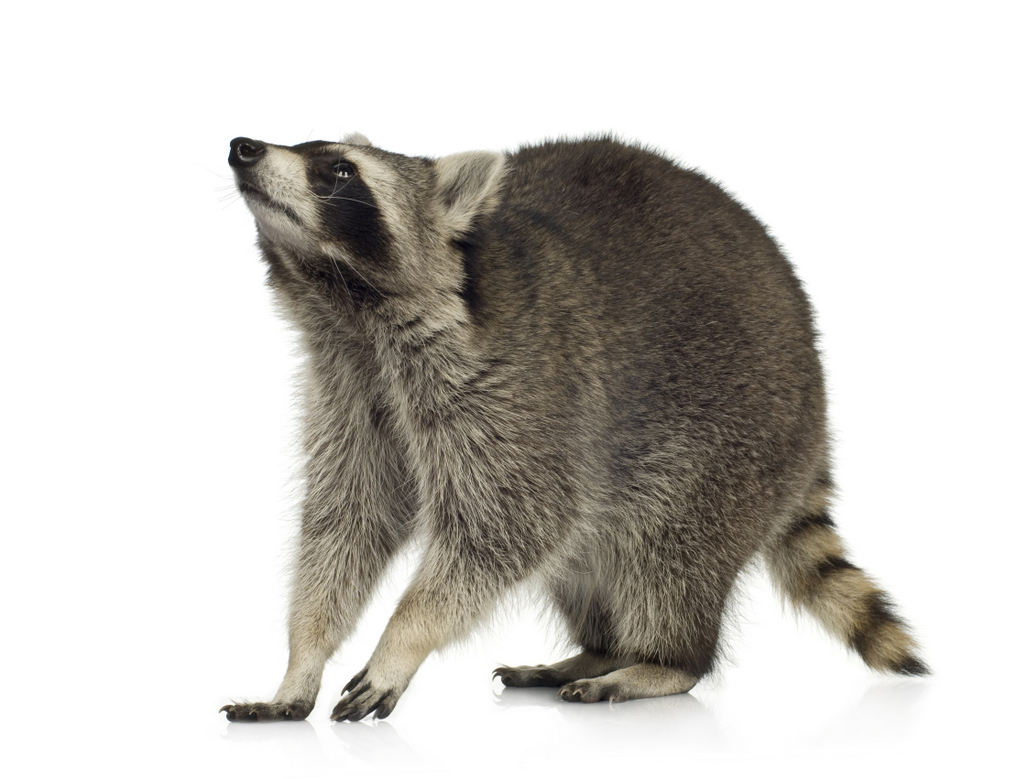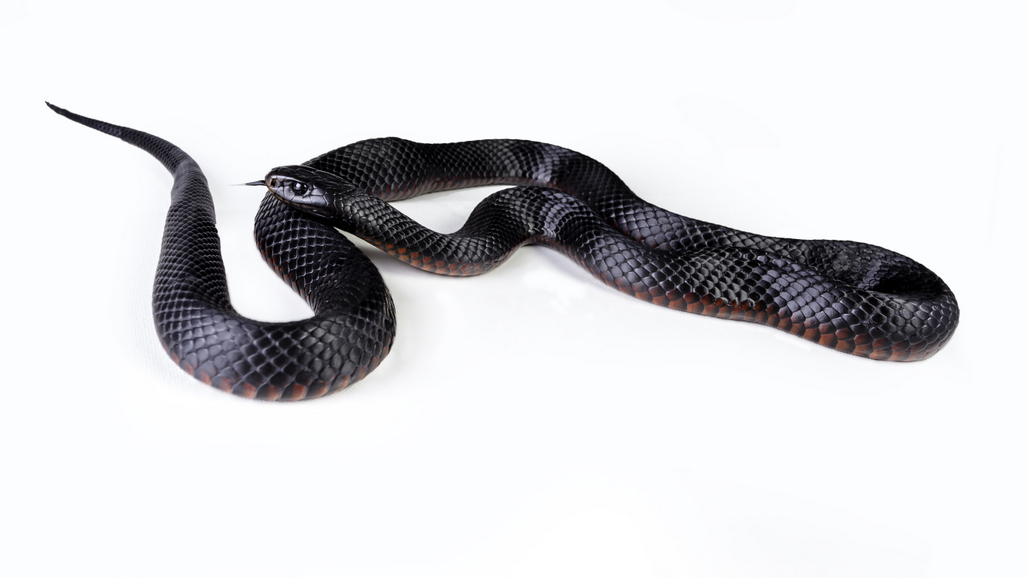Call Us About Woodchucks (Ground Hogs)! 864-546-1016

Woodchuck Trapping and Removal
Trapping and removal of pest woodchucks (ground hogs) may require special permits or regulation compliance. Woodchucks (ground hogs) may be aggressive animals when threatened or sick, it is always safer to allow trained specialist to trap and remove nuisance wildlife. Woodchucks (ground hogs) can be a carrier of rabies virus. The wildlife specialist at All About Wildlife Control understand the health and safety risks of dealing with each wild animal and we have the knowledge and experience to safely and effectively solve your nuisance woodchuck (ground hog) problem.
Call All About Wildlife Control today at (864) 546-1016 to get rid of woodchucks (ground hogs) and to prevent woodchuck (ground hog) problems.
All About Wildlife Control in Greenville, Anderson, and Seneca, SC is your trusted woodchuck (ground hog) control and removal expert.
Woodchuck Prevention and Control
Keep fields, banks, dams and areas around structures mowed to expose woodchucks (ground hogs) to predators. Home owners should also remove piles of debris such as rocks, wood and brush that could be attractive sites for woodchucks (ground hogs) to make dens. Close sheds and other buildings and seal ground level entry points to prevent entry by woodchucks (ground hogs).
Barriers or wire-mesh fence can be used to protect gardens and prevent woodchucks (ground hogs) from crawling under buildings, decks, and porches.
For professional assistance and peace of mind, call the wildlife specialist at All About Wildlife Control to assist with your woodchuck (ground hog) problems. We will use our knowledge and experience to develop effective woodchuck (ground hog) damage prevention and woodchuck (ground hog) control strategies for your unique property and home.
Woodchucks (also called ground hogs or whistle pigs) are four legged mammals about the size of a large house cat. Woodchucks (ground hogs) average weight is 5 to 10 pounds. Woodchucks (ground hogs) average 16 to 20 inches in body length with an addition 4 to 7 inch long tail. The woodchuck (ground hog) is grizzled gray-brown in color. The woodchuck (ground hog) has strong short legs with long curved claws on its front feet that make them excellent diggers. Woodchucks (ground hogs) are large rodents and members of the squirrel family. The woodchuck (ground hog) has large yellow-white, chisel-like incisor teeth that are common to the rodent family. Woodchucks (ground hogs) make a shrill whistle when startled, giving it the name whistle pig. Woodchucks (ground hogs) are also known for bluff charges when approached or threatened, however, healthy woodchucks (ground hogs) normally flee people if the woodchuck does not feel cornered or trapped.
Woodchucks (ground hogs) are burrowing animals. The burrowing nature of woodchucks (groundhogs) normally conflicts with human dwellings when the woodchuck (groundhog) digs burrows under the foundation of houses, decks, porches, sheds or other buildings. Woodchucks (ground hogs) displace large volumes of dirt when digging borrows that average 5 feet deep and 8 to 66 feet long. The soil excavation from woodchucks (ground hogs) can result in foundation settling of buildings, decks and porches.
When startled at its burrow entrance, woodchucks (ground hogs) make a shrill whistle or alarm, followed by a low “phew” sound and a low “tchuck”, “tchuck” sound. Woodchucks (ground hogs) also make a tooth popping and chattering sound that signals the animal my bite.
Woodchucks (ground hogs) are very adaptive animals and are very common neighbors around human dwellings. They occur throughout eastern and central North America. Woodchucks (ground hogs) are common in suburban areas, fields, and agricultural areas. Woodchucks (ground hogs) can also be found in cities and around parks. Woodchucks (ground hogs) will utilize sewer and drain culverts for travel corridors and hiding.
Woodchucks (ground hogs) eat plants. Woodchucks (ground hogs) are avid climbers so they can forage in fields, gardens, and in trees. Woodchucks (ground hogs) eat a variety of vegetables, grasses, legumes and fruits. Woodchucks (ground hogs) preferred foods include soybeans, beans, peas, carrot tops, alfalfa, clover, and grasses.
Woodchucks (ground hogs) may be infected with rabies, tularemia, and hepatitis.
Woodchucks (ground hogs) also harbor a variety of ecoparasites that are disease vectors, such as ticks and fleas.
Woodchucks (ground hogs) have large incisor teeth and large claws on their powerful front feet. Woodchucks (ground hogs) will defend themselves when cornered.
Woodchucks (ground hogs) can be a major problem for the home gardener. Woodchucks will damage garden crops such as beans, lettuce, peas, carrots, cabbage, clover and plantain. Woodchucks (ground hogs) are avid climbers and will damage limbs and fruit while foraging in fruit trees. Woodchucks (ground hogs) also severely damage or kill fruits trees from chewing and territorial markings.
In addition to damaging vegetables and fruit trees, woodchucks (groundhogs) will damage ornamentals, nursery trees and forage crops such as clover and alfalfa.
Woodchucks (groundhogs) can cause structural damage to the foundations of homes, buildings, pools, driveways, parking lots and sidewalks by removing soil while digging borrows.
Woodchuck (ground hog) burrows in fields can be a hazard to livestock and equipment. Burrowing on banks and hillsides can increase erosion problems. Woodchuck (groundhog) burrows can also cause damage to earth dams of ponds and lakes.



